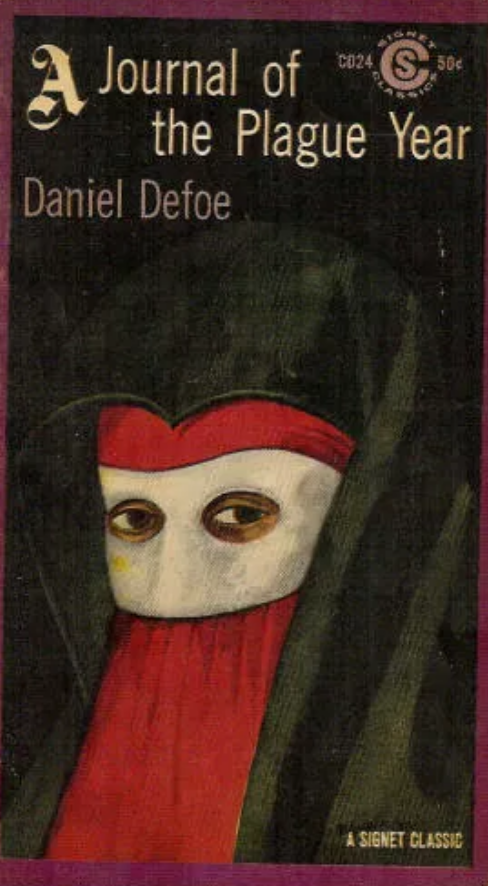 Defoe’s little-known 1722 pseudo-history holds startling parallels with our own plague year of COVID-19.
Defoe’s little-known 1722 pseudo-history holds startling parallels with our own plague year of COVID-19.
Based on his uncle Henry Foe’s diaries, a London saddler who remained in the capital during the 1665 outbreak of the Great Plague of London, the novel follows H.F., our narrator, as he describes the disintegration of English society around him descending into what can only be described as a living hell. The Great Plague killed more than 100,000 people during the eighteen months it charged through the city, spread through the bite of infected rat fleas, although this was not known to be the cause at the time, and Foe’s diaries gave Defoe a first-person account of survival to dig into for this book, what would now be called creative non-fiction, no doubt.
Starting with the ominous sight of a great comet that was visible to all in the night sky, this portent started an hysterical rumour among the many elderly women who self-styled as fortune-tellers that pestilence was on its way. And strangely, so it was. Our narrator describes the posting of numbers of deaths on church boards, slightly going up to begin with, and then noticeably rising after one case of the plague in East London, with gossip of numbers being fixed, authorities hiding the truth, and citizens figuring out excess deaths…sound familiar?
Then the lockdown begins. Many people don’t like being locked down, so they go out, fleeing to other homes, some wandering about homeless, spreading the infection from place to place. Even when watchmen are posted on front doorsteps, families flee via dug-out holes and through windows, later discovering they have the plague and dying elsewhere.
One man dies the same night he flees in an inn, spreading it to the maid who kindly waited on him and thirteen others, while cruel souls jeer at a man who has witnessed his entire family die. Again, how very familiar. And of course, these cruel souls, taking no care, end up in mass graves within two weeks. It is not until The Great Fire of London in September 1666 wipes out the entire city that the infection is stopped in its tracks.
What is so striking about this book is that it reads like modern apocalyptic fiction, such as Max Brooks’ World War Z, or The Age of Miracles by Karen Thompson Walker. Starting with small events at home, and blowing up to a massive, world-changing experience is journaled perfectly here. Defoe’s meticulous research and descriptions are both daunting and harrowing, but surely we should all be reading this book, written hundreds of years ago but with valuable lessons on human behaviour from history for now.
Read Defoe’s book here at The Gutenberg Project
Available At

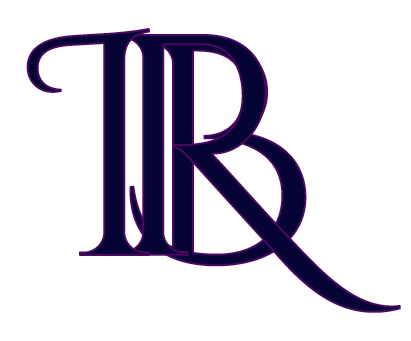
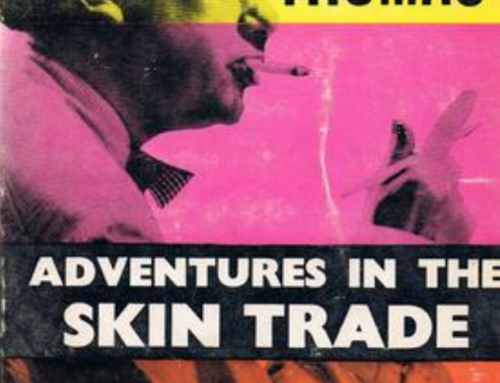
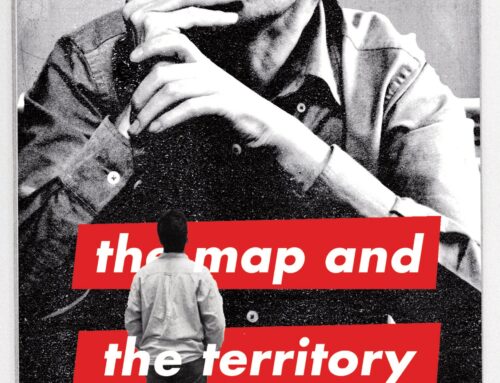
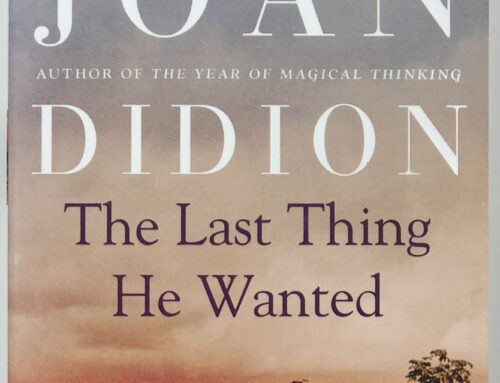
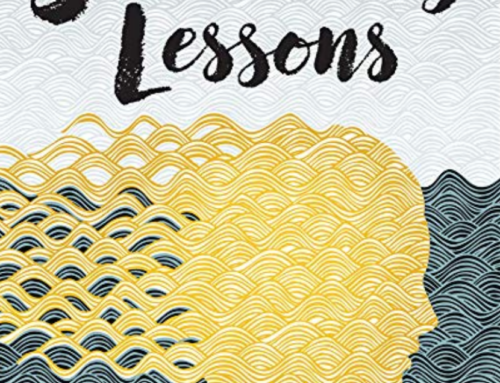
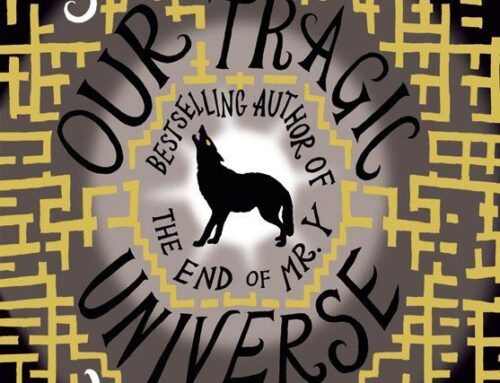
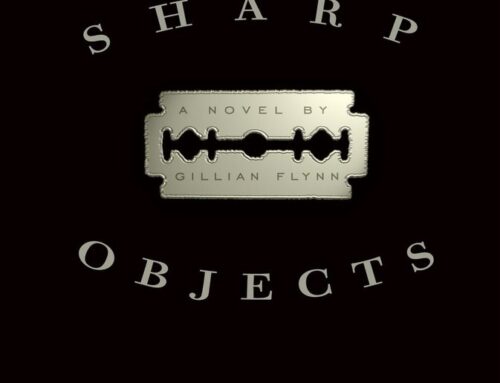
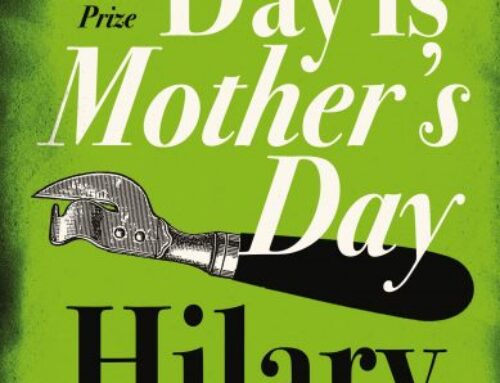

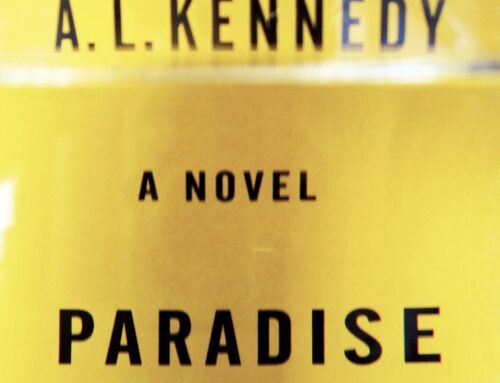
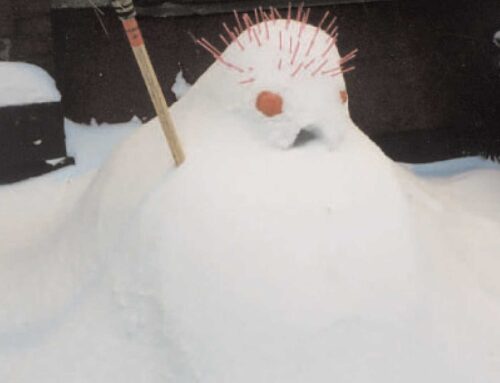
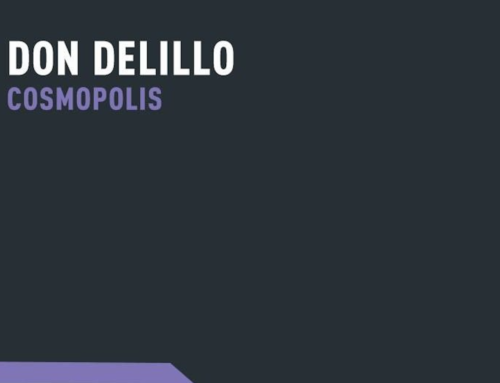
Leave A Comment